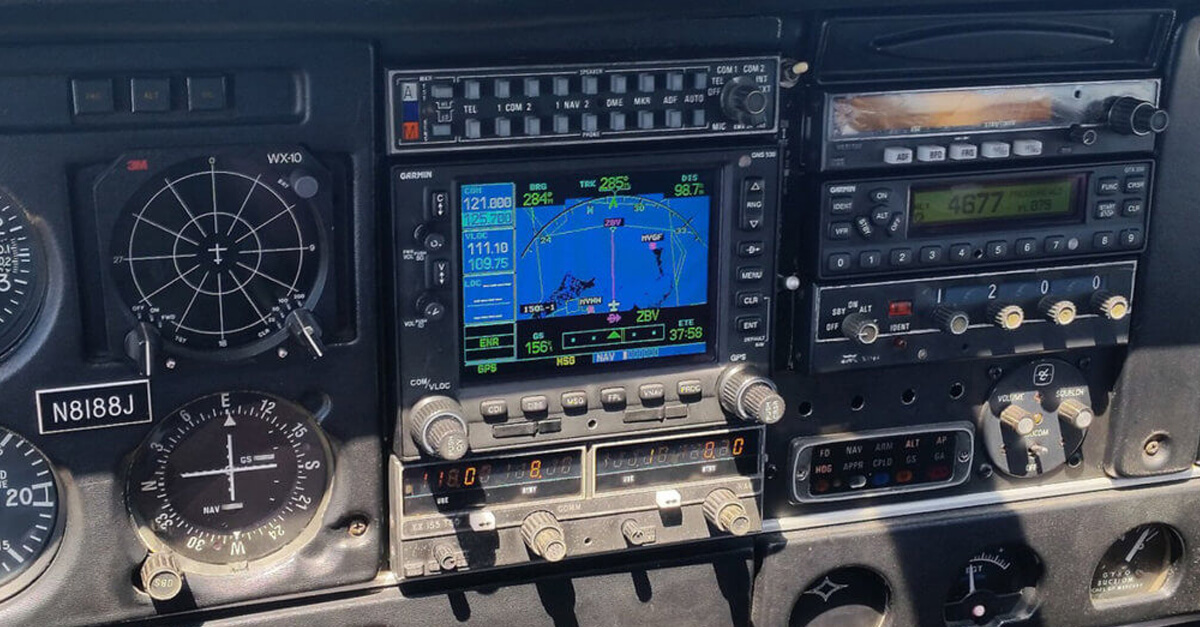
Jan. 8, 2020
On Jan. 1, the FAA’s ADS-B rule took effect, requiring operators to utilize equipment meeting the requirements of FAR Part 91.225 and 91.227 when flying in rule airspace.
What does full implementation of the ADS-B requirements mean for business aviation?
Two upcoming events present opportunities for NBAA members to learn more about ADS-B:
- Live Webinar – Wednesday, Jan. 22 at 3 p.m. (EST)
- NBAA West Palm Beach Regional Forum – Wednesday, Jan. 29
The live webinar will cover a broad range of ADS-B-related topics, while the Regional Forum session will focus on privacy issues.
Register for the live NBAA webinar.
“Ensuring privacy is essential for many business aircraft owners as travel patterns may convey competitive intelligence,” said Heidi Williams, NBAA’s director of air traffic services and infrastructure. “NBAA works hard to ensure security and privacy are not surrendered simply by flying on an aircraft.”
Two related FAA programs help to ensure operator privacy. The Limiting Aircraft Data Displayed (LADD) program, previously known as the Block Aircraft Registry Request (BARR), allows aircraft operators to block real-time position and identification information for their aircraft. Information displayed via ADS-B Out transponders, which transmit aircraft identification, position, altitude and velocity to other aircraft and air traffic control, also links to the aircraft registration information.
Operators that register for LADD may allow only the FAA access to aircraft information, blocking all other parties, or may choose to allow select vendors to view flight and aircraft data.
The related Privacy ICAO [International Civil Aviation Organization] Address (PIA) program also began on Jan. 1 when the FAA began accepting requests from operators that wish to block their ADS-B position and identification information. Requesting operators will receive an alternate ICAO code not published on the FAA Aircraft Registry that, combined with the use of a third-party call sign, ensures compliance with ICAO identification requirements while interrupting the ability for the public to determine information about a participating aircraft.
These FAA initiatives allow operators to maintain privacy and ensure security of their operations by disconnecting potentially sensitive information in the aircraft registry from ADS-B transmitted data. Under these programs, only FAA-approved organizations, such as law enforcement and other government entities, will have access to this need-to-know information.
Members are encouraged to submit questions to be addressed on the webinar or any other ADS-B-related questions to ops@nbaa.org.


 International Business Aviation Council Ltd.
International Business Aviation Council Ltd.